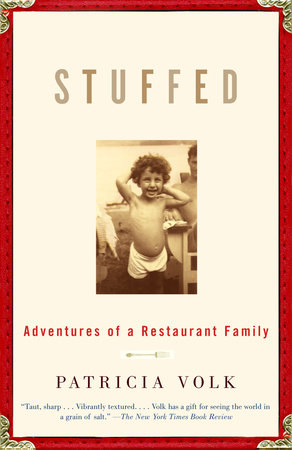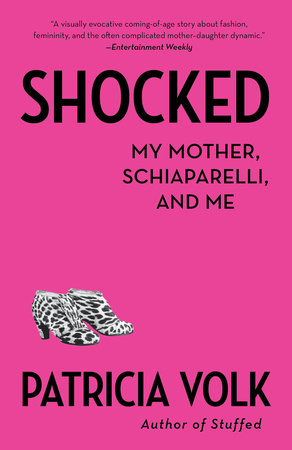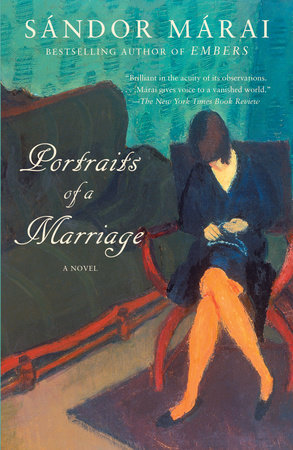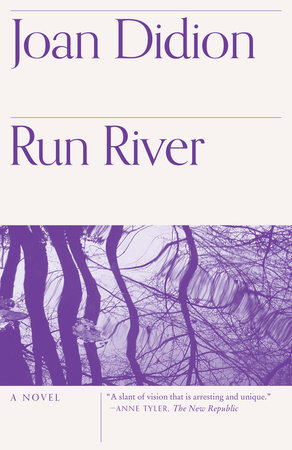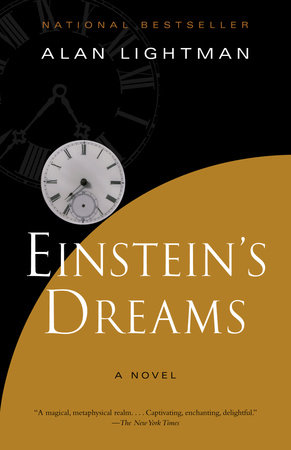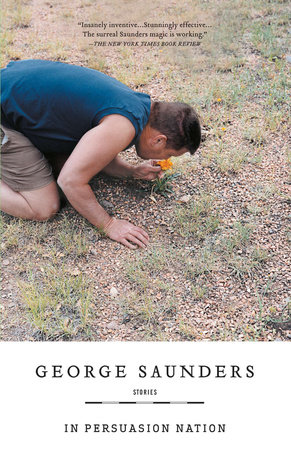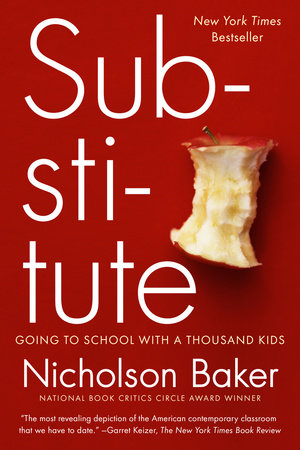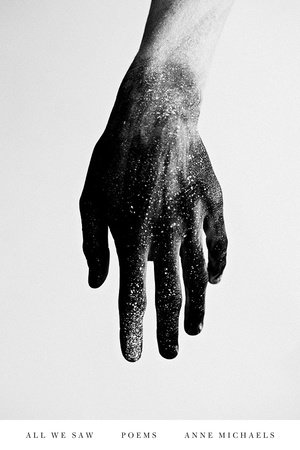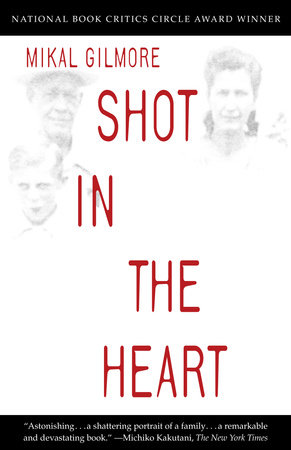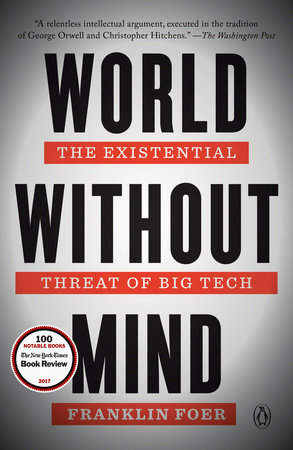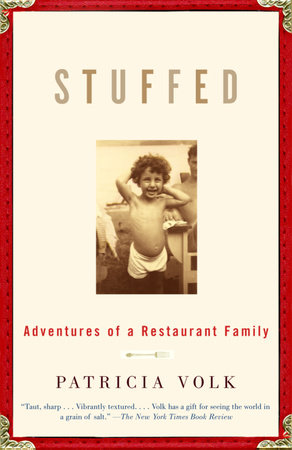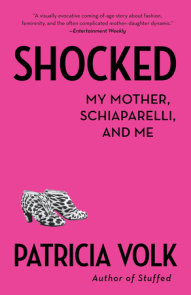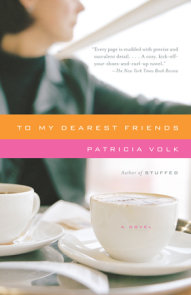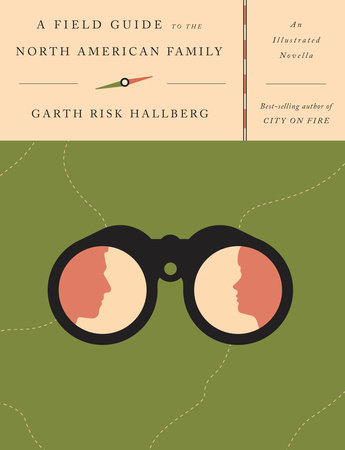Author Q&A
A Conversation with Patricia Volk, author of Stuffed: Adventures of a Restaurant Family
Q: STUFFED is a book about the importance of family. How would you characterize yours?
A: My family is ferocious. They chomp life like they chomp brisket. STUFFED is their story— the gamblers, the lovers, the divas and bullies, the beauties, do-gooders and fakes. In a restaurant family, everything that happens takes place over food.
Q: The sub-title of this book is Adventures of a Restaurant Family — what does this mean?
A: The hallmark of my family is a cosmic disdain for the status quo, a kind of productive absence of peace. Nobody sits back. They live at full emotional tilt, wake up hot to wrestle the day. Whether they’re discovering the wrecking ball, inventing the Six-Colored Retractable Pen and Pencil Set, or being the first man to carve meat in a window, they’re jet-propelled.
Q: Do you have a favorite story?
A: My great-grandfather, Sussman Volk, brought pastrami to the New World. He’d been a miller in Vilna, but in 1887 New York didn’t need millers. So Reb Sussel became a tinker, selling pots and pans off his back. One morning, while praying in a stable, he had an epiphany. He tore his hair and said, "My life lacks dignity!" Being a religious man, he knew how to butcher meat. Reb Sussel opened a small butcher shop at 86 1/2 Delancey Street. One day a Roumanian friend came in and asked if he could store a trunk in Reb Sussel’s basement.
"If I let you store your trunk," Reb Sussel said. "What will you give me?"
"If you let me store my trunk, I will give you the recipe for pastrami."
Sussman sold it by the hunk. Then by the slice. Then he put it between two slices of rye. The first New York deli was born. Around this time, Uncle Albert became the first man to stir scallions into cream cheese.
Q: Your family invented a lot of things that changed America. Have you followed in their footsteps?
A: When I worked in advertising, Hershey’s was coming out with a new candy bar. It was strange — puffed rice layered with sticky penuche rolled in caramel dipped in chocolate. What do you call this crazy thingamajig? I named it Whatchamacallit. I also invented a really good recipe for water, a way to recycle pantyhose with runs in them, and the word "Hoovering" for how eight year old boys eat.
Q: How did you come to write STUFFED?
A: My family struck me as larger than life, bigger than news. Growing up, I’d heard about the Duke and Duchess of Windsor, but how could that love story hold a candle to Aunt Lil, who said she’d throw acid in Uncle Al’s face if he ever left her? Or my grandfather, who was so thankful to win my grandmother, he forswore the one food in life he couldn’t live without?
Q: Your work illustrates how the relationship between food and family can both bind and cause conflict. Do you think that is normally the case?
A: As I say in this book, in a restaurant family, you’re never hungry, you’re starving to death. And you’re never full, you’re stuffed. Every single bite you put in your mouth is open to scrutiny: Is it good? Why isn’t it good? Is it as good as Aunt Gertie’s? Is it too salty? Not enough salt? You want some more? Put that fork down now! What you choose to put in your mouth is no longer intimate. It’s not an independent decision. Do I think every family works this way? No. I have friends who grew up on frankfurter stew and whipped cream pie. No one spoke at the table. Food was a non-issue, body fuel.
Q: How is STUFFED a different sort of family memoir than most stories we see on the bookshelves today?
A: There’s no way you can generalize. Maybe it’s best to answer by saying what STUFFED is not. It’s not about evening the score. It’s not about victimization. It’s not about hard won wisdom gained via pain. I disagree with Tolstoy only about one thing: Every family, happy or not, is one of a kind. I wrote STUFFED partly out of a fear that family is vanishing. Once we were four generations living in a five-block radius. Now those people are in Honolulu, Arizona and Boca Raton. If I wanted my family around me at dinner, the table would have to be 4,968 miles long. Everything we first know of the world comes from family. How can we learn from people who aren’t there?
